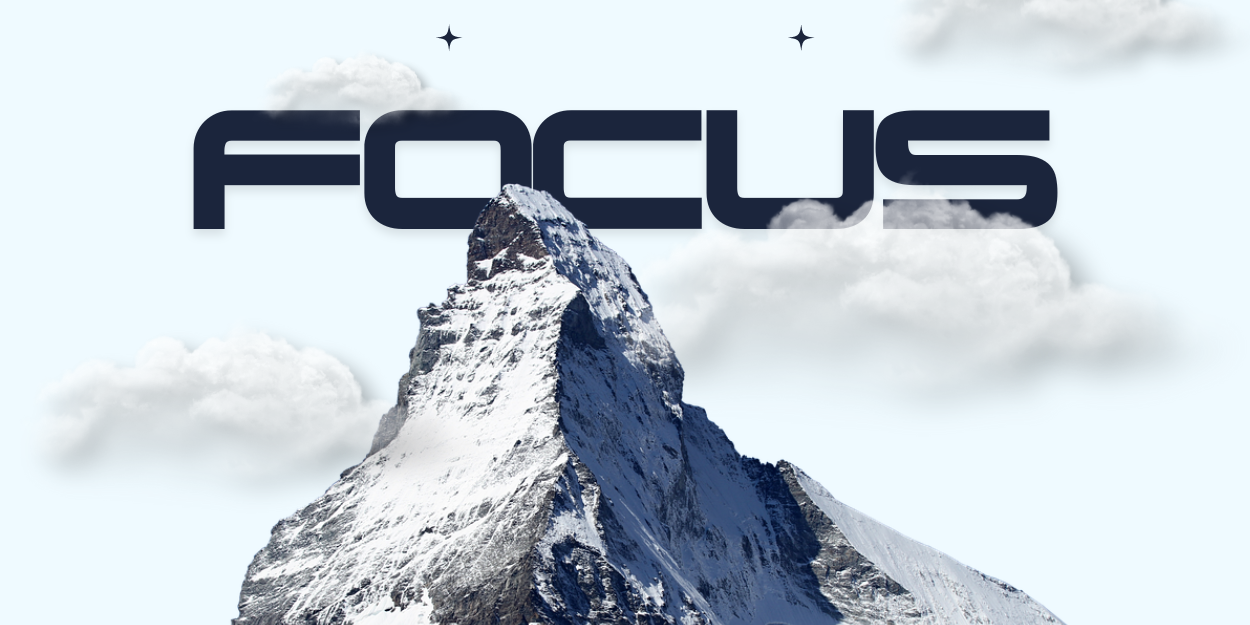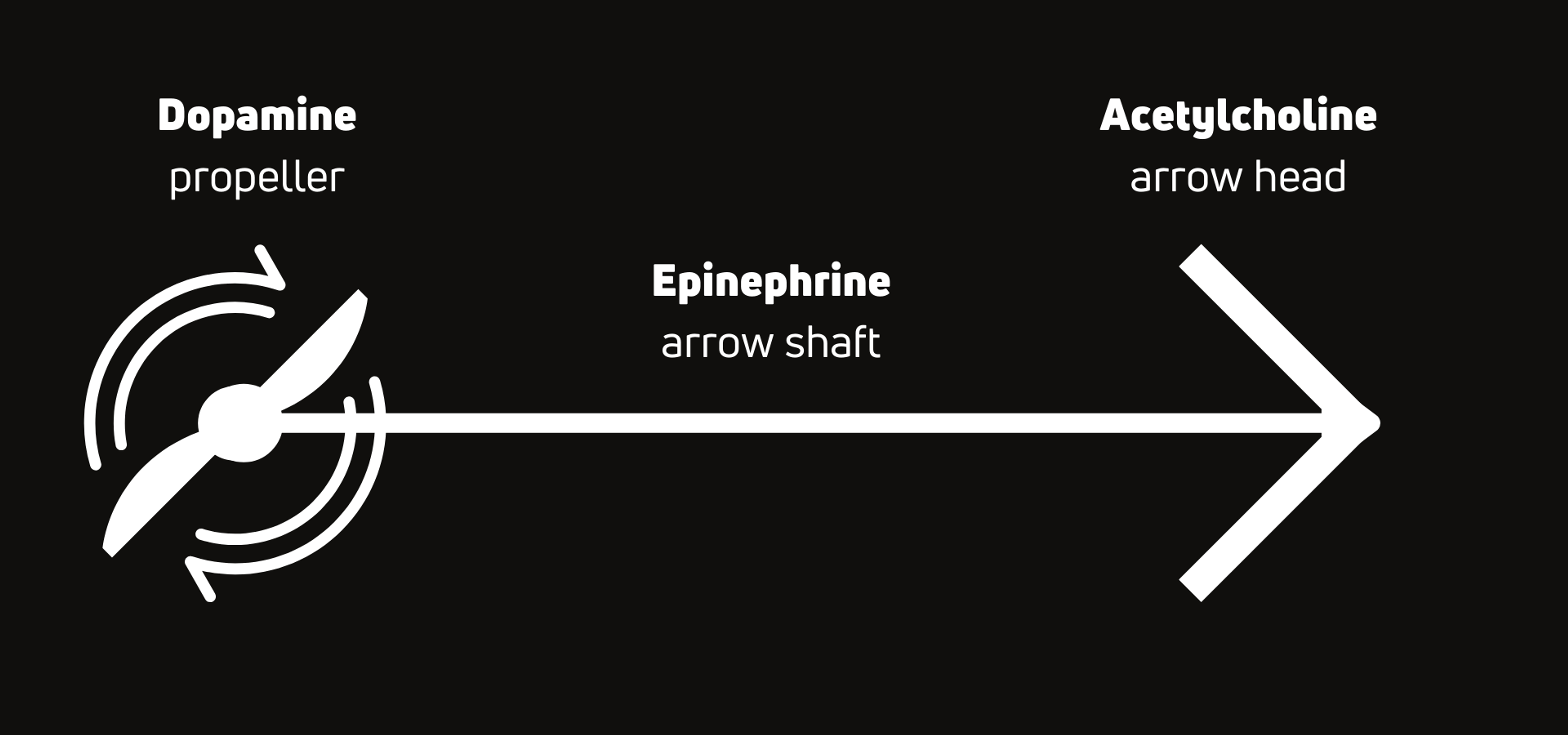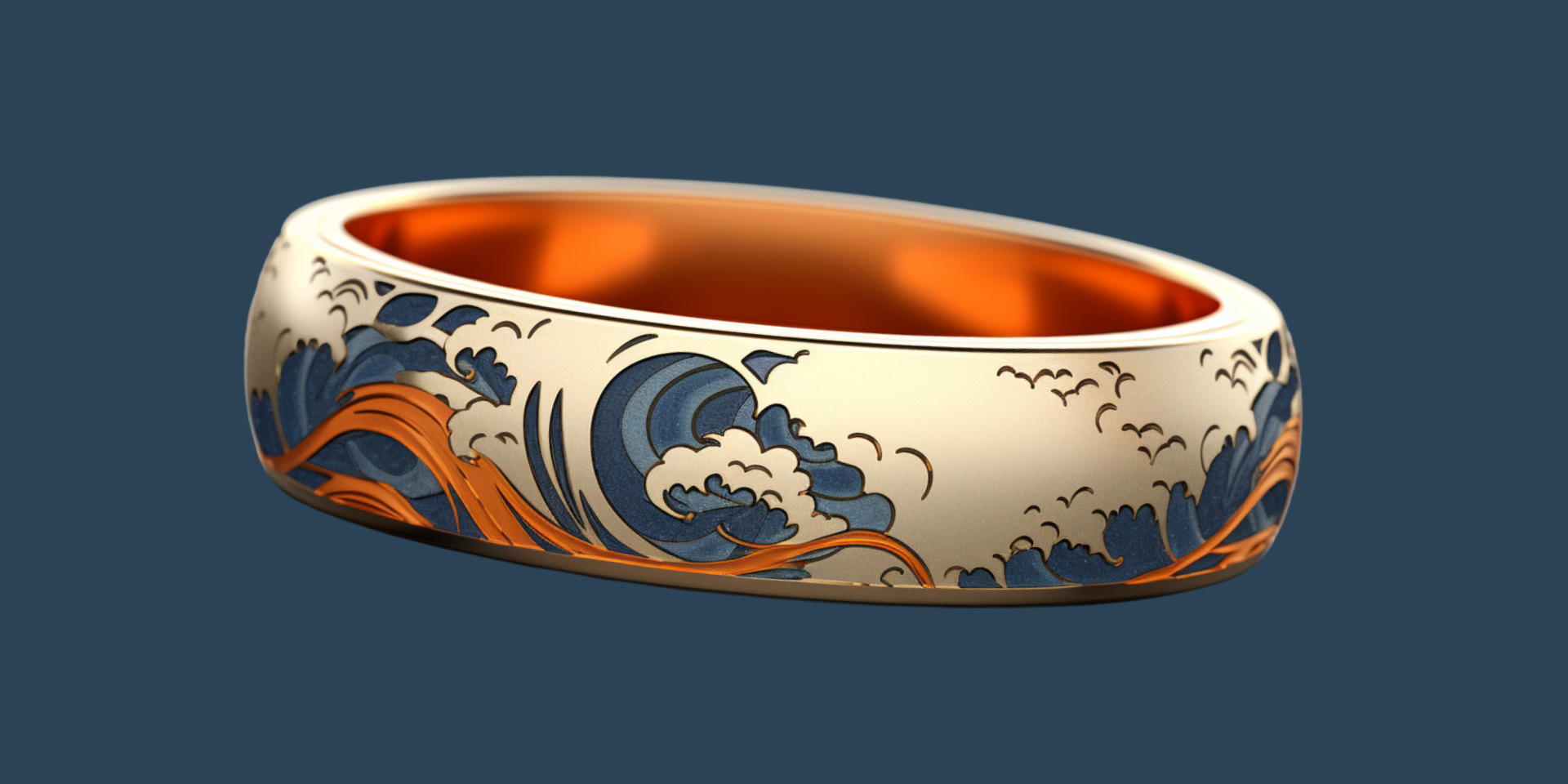Focus: a toolkit



Focus is the key to freedom.
But it’s not a step function.
You are not in an unfocused state, then magically dropped into a focused state. It’s more dynamic.
It’s all about recognizing the internal and external components that make up "focus" and how to control them.
What we do repeatedly gets etched into our nervous system.
So, as with anything, consistency is the key. With any of the tools mentioned here, doing them one time will not have a lasting effect.
You have to practice. A lot.
The inspiration for this mental model comes from a podcast that Dr. Andrew Huberman released a few years ago.
Let’s dive in.
Neuro-chemicals drive the brain's response to everything.
Understanding how a few work will lead the way to changing the behaviors and adopting the tools necessary to master focus.
Think of an arrow with a propellor or engine where the feathers would be:

Functionally, the arrow shaft provides the energy, the arrow head is the focal point that spotlights the target, and the engine keeps the arrow moving.
Dopamine gives the focus arrow motivation. It keeps it going. It is the endurance runner in the group.
Epinephrine provides the energy necessary to focus for the optimal amount of time. This is produced by the adrenal glands and is the same thing as adrenaline. It is the arrow shaft.
In the model this is probably the hardest analogy to swallow (mixing metaphors is cool). But just think of an arrow with a shaft that is only 2-3 cm long. That is not going to stay in the air for long.
Acetylcholine is the arrow head. It allows us to target a specific thing to focus on.
When the arrow is metaphorically focus, it is used to shoot focus on a specific area for an optimal amount of time.
Now that we have a model for the neuro-chemicals and what they do, we can move on to the tools that allow us to turn the necessary knobs.
Toolkit
Here are a few tools that I’ve found make a huge difference in my goal of optimal focus.
Time-boxing
- Use 20 minute cycles for focused work.
- Set a timer. The first 5-10 minutes are transitional. Then try to drop into focused learning or work.
- Accept that you will drop out of focus, but work on being able to narrow focus back down.
- Long bouts of focus requires a lot of metabolic energy. At the end of the bout of focus, do deliberate defocus. Like playing guitar, video games, or running around the house with your kids.
- I’ve also found that this timer is super useful:I keep it on my desk while doing any focused work.
Cold Exposure
- Stress increases cortisol and epinephrine. This increases focus and concentration and improve neural performance. A healthy way to get this in is deliberate cold exposure.
- I know cold showers get a lot of flak nowadays, but that doesn’t mean they don’t work. Try it out.
- The ultimate form of cold exposure is a cold plunge. My gym has one that function at 35 degF and it is an incredible experience. So energizing! I highly recommend. On days that I use the cold plunge, I have more energy, focus, and I sleep way better at night.
Meditation
- I use this to improve my focus and concentration ability. It has also helped me to greatly reduce stress.
- A good number for me is 13 minutes/day. Utilize focus/refocus exercises. I use the Headspace app.
Audio Tools
- Listening to Lofi, EDM, or anything instrumental helps me focus. I work better with music that I either don't understand or have to think about. Lofi is the latter, anything by Polyphia is the former.
Visual Tools
- Overt visual focus can be a powerful tool. The key principle is that visual focus -> cognitive focus. Think about blinders on a horse. Same principle.
- Limiting visual focus by wearing a hoodie, etc., can improve cognitive focus.
- Focus on one location for certain period of time.
- I focus on a word on a book that is on my bookshelf for 70 seconds. Stay relaxed, and when your focus drifts, bring it back deliberately.
- Covert visual focus is another tool that I use.
- Focus visually on one spot, but keep your mind focused on something else.
Supplements
- These are tools that you may not need every time. All supplements should be cycled off of.
- Don’t use supplements as a crutch; use the tools listed above first. examine.com is a great tool for links to studies and effect of compounds.
- I use 150 mg caffeine + 200 mg of L-theanine in capsule form to help while in long work bouts.
In essence, this journey into the science and practice of focus underscores a vital truth: focus is not just a mental state, but a skill to be cultivated, refined, and integrated into our daily lives.
The power of focus is one of the cornerstones in the pursuit of becoming the most optimal version of yourself.

